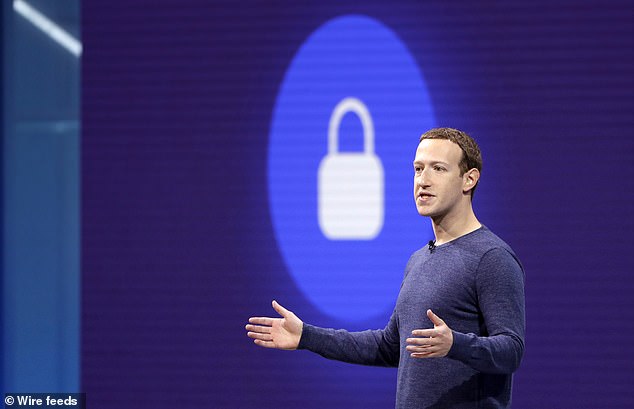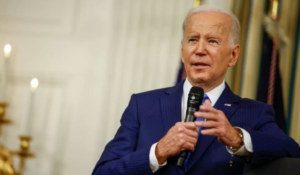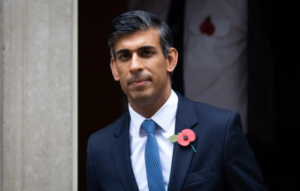Facebook CEO Mark Zuckerberg outlines new ‘privacy-focused vision’ and confirms WhatsApp, Messenger, and Instagram WILL be merged into a single messaging platform, after years of data turmoil

CEO Mark Zuckerberg detailed a plan to bring end to end encryption to Messenger
Embroiled in too many data scandals to count, Facebook now says it’s shifting toward a ‘privacy-focused’ future.
In lengthy blog post on Wednesday, CEO Mark Zuckerberg detailed a plan to bring end-to-end encryption to Messenger, WhatsApp, and Instagram messaging services – confirming previous reports that the firm planned to stitch the three together.
The Facebook boss acknowledged the site’s reputation, which has been tarnished in recent years as a result of its lax-approach to the protection of personal information, and promised to rebuild its services on the principle of privacy.
Zuckerberg also said he’s also working to ensure your online activity won’t come back to haunt you later in life.
I believe the future of communication will increasingly shift to private, encrypted services where people can be confident what they say to each other stays secure and their messages and content won’t stick around forever,’ Zuckerberg wrote in the March 6 post.
‘This is the future I hope we will help bring about.’
The Facebook CEO’s post detailing his ‘privacy-focused vision’ comes just days after a tweet from Emojipedia founder Jeremy Burge revealed the site allows users to search for specific profiles using phone numbers provided for two-factor authentication.
And, just a week prior, a Wall Street Journal investigation revealed Facebook has been collecting ‘highly sensitive information’ from at least a dozen apps without users’ consent.
In perhaps its best-known privacy scandal, Facebook came under fire in 2018 when it was revealed political consultancy firm Cambridge Analytica was given access to the data of 87 million users.
In a multi-year plan, Zuckerberg says Facebook will merge its messaging services – WhatsApp, Instagram Direct, and Facebook Messenger – in a way that allows users to communicate across all three apps.
All will be equipped with end-to-end encryption to keep out other people, including ‘hackers, criminals, over-reaching governments, or even the people operating the services they’re using,’ from seeing their private communications.







